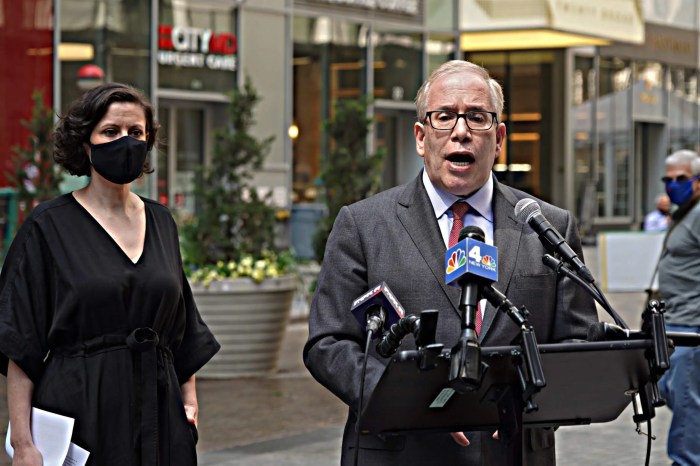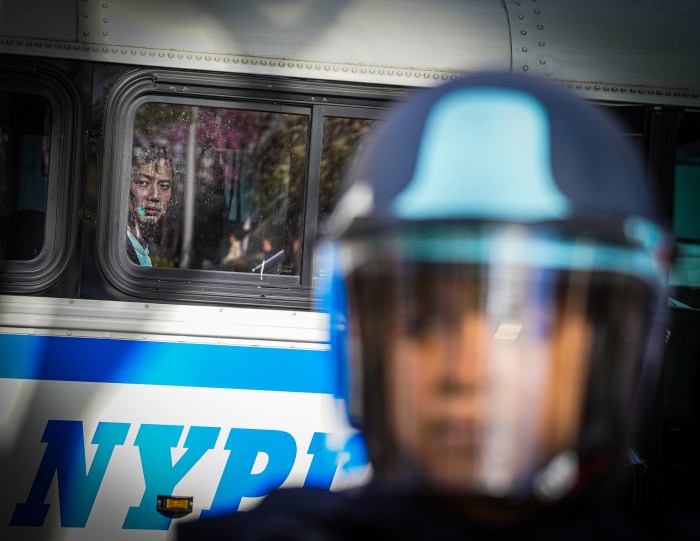
A proposed bill by City Councilwoman Carlina Rivera would create a patient advocate’s office to help New Yorkers make their way through the health care system.
The new city office could make navigating the health care system slightly less frustrating by giving the city more oversight of the health care system by creating an office to which people could submit complaints and comments on the quality of care they receive. The legislation, if passed, would form the new office within the Department of Health and Mental Hygiene.
“Navigating our city’s incredibly complex health care system can present challenges for even the most savvy person, let alone an ordinary New Yorker,” Rivera said at City Hall on Wednesday.
Rivera was joined by members of such groups as the New York State Nurses’ Association and Community Catalyst, all of whom voiced their support for the bill to amend the city charter.
By collecting complaints and feedback in one place and issuing annual reports, the office would be tasked with making recommendations on access to medical care across the city.
“The closing, merging, and changing of facilities have been without true community input, and they’ve been closed in the most vulnerable communities,” said Anthony Feliciano, director of the nonprofit Commission on the Public’s Health System.
The councilwoman said that the office would help make sure that all New Yorkers receive the best health care possible by addressing issues of implicit bias based on gender identity, citizenship status, and language barriers.
“We want to make sure when you have a problem with that medical facility or that doctor, that you don’t feel like you have to return to the exact cause of concern or anxiety, but you have a place to go,” she added.
Making sure the office gets the cash it needs during budget negotiations will be a key step if it’s going to be effective, Rivera said.
“This will be a priority. We cannot pass a bill to create an office without financial support,” she said.
Richard J. Mollot, executive director at the Long Term Care Community Coalition, said the idea of a city health care watchdog has a lot of potential to help New Yorkers.
“One thing is that if it’s appropriately staffed and run, it could certainly help people who have problems or questions or concerns about their health care, and that’s something that is very much needed.”

















